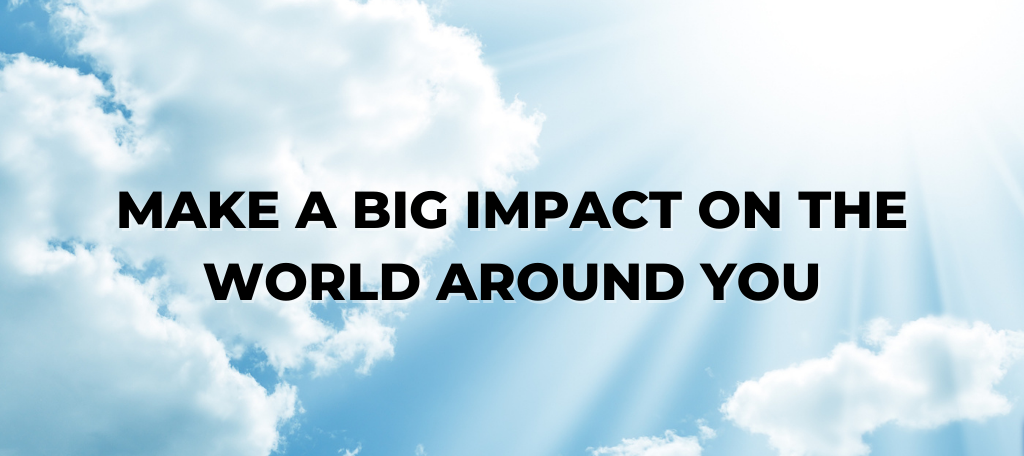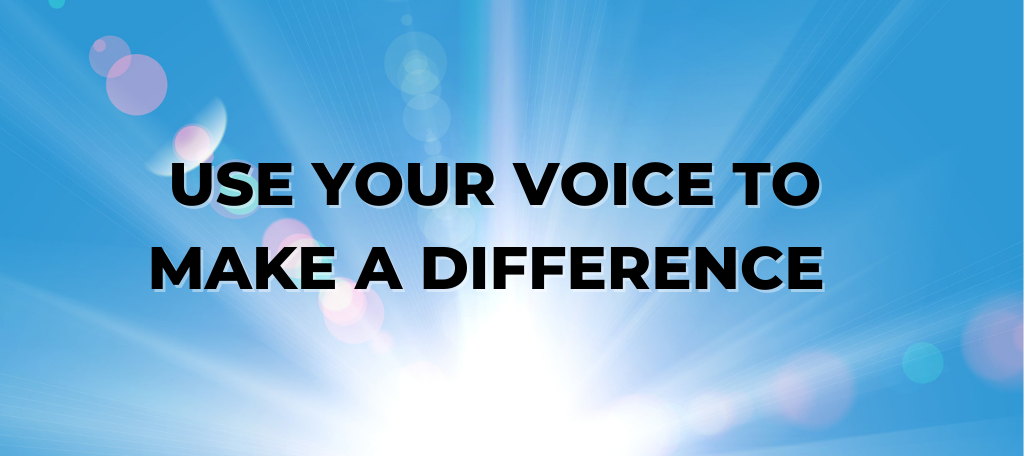Have you ever heard the phrase, “Kindness is contagious?” Most sayings like this come to become widely known because they’re based on truth. Research has found scientific evidence for the fact that kindness can spread in various ways. You’ve indeed experienced or witnessed instances in which someone has paid it forward, or a movement has spread based on one person’s good deed. In today’s post, I’d like to explore this concept further and show you just how far-reaching the idea of helping others can be.
Both Giver and Receiver Benefit
Everyone benefits from random acts of kindness. The giver feels good and gets that “helper’s high” from going out of their way to brighten someone else’s day. The recipient enjoys the surprise of an unsolicited positive outreach. We all appreciate it when someone is nice to us. These good feelings tend to create a cycle because those involved want to continue feeling good. The giver gets a rush from helping someone and will often be motivated to keep giving in various ways. The recipient wants to share the rewards they’ve just gained. They may feel an obligation to “pay it forward,” but they know they will experience a reward, as well.
Observers Experience Benefits, Too
Even if you’re not directly part of an act of kindness, you can benefit. A phenomenon known as “moral elevation” exists that ensures good deeds will spread. It works by creating positive feelings when certain events are triggered within the peripheral and central nervous systems. These neurophysical connections are made when someone witnesses or hears about an act of kindness or feel-good story. The high or euphoric feeling you then get motivates you to want to do something good, as well, perpetuating the pay-it-forward cycle.
Evidence in Social Learning Theory
Social learning theory is the study of how groups interact. Its core principles are based on the fact that people will behave in similar ways to see those in their peer group or how their families behave. It’s sort of the “monkey see, monkey does” or “birds of a feather” philosophy. Therefore, when children grow up in a family where kindness and compassion are the norms, they are more likely to display those traits. Just as teachers demonstrate and emphasize to their students a core philosophy of doing good, this standard will be the precedent among the class. Kindness is essentially contagious when groups continually perform such behavior.
You can make a difference in your small corner of the world by simply performing random acts of kindness. Science and centuries of anecdotal evidence back this up. Be the change you wish to see and encourage the people around you to do good deeds. You’ll begin to see an impact.




